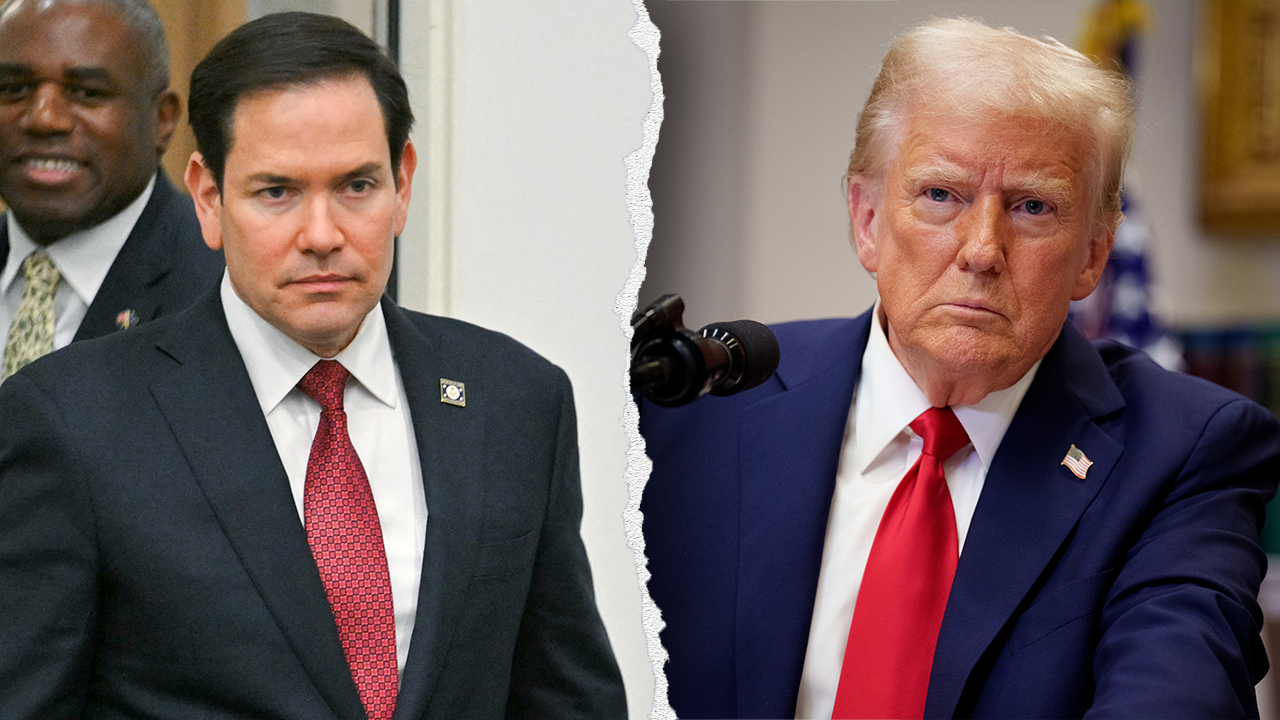Health
‘Dentist’s dream’ of regrowing teeth advances to clinical trials in Japan, says report
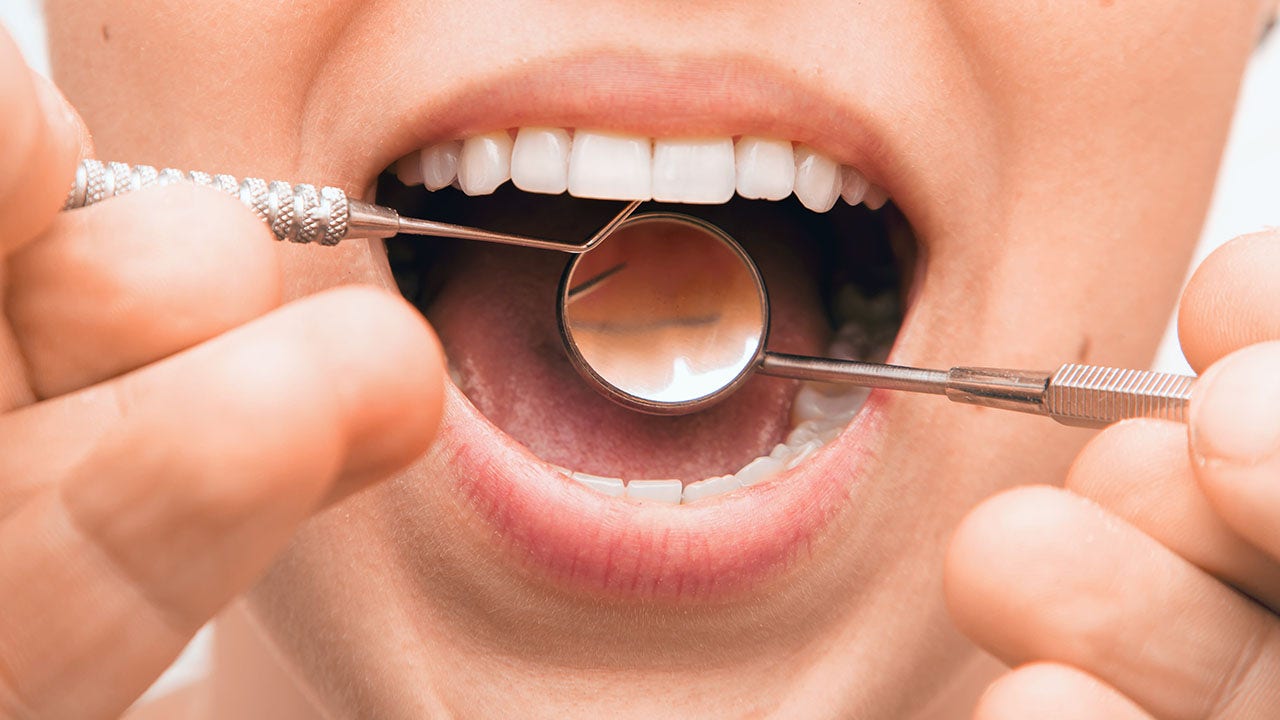
A shark’s menacing teeth can scare anyone out of the water — but one aspect of some sharks’ existence may be worth emulating: their ability to regrow teeth.
An experimental medicine in Japan that could revolutionize the field of dentistry is now moving to clinical trials to create, potentially, the world’s first medicine to regrow teeth, according to a recent report in the country’s national news site, the Mainichi.
Those eligible to participate in the trial will be patients who have not developed a full set of teeth due to factors that occur during birth, according to the report.
BE WELL: FLOSS YOUR TEETH DAILY FOR BETTER HEART HEALTH
The medical term for the genetic condition is known as anodontia, meaning the complete absence of teeth; in partial anodontia, people are missing some of their teeth, according to the National Organization for Rare Disorders (NORD).
Health care providers start to suspect the dental condition when babies don’t develop teeth by the time they are 13 months old, said the Cleveland Clinic.
Some babies don’t develop any teeth by the time they’re 13 months old; that’s when health care providers start to suspect that a dental condition known as anadontia may be at work. Now, an experimental medicine that could revolutionize the field of dentistry is moving to clinical trials in Japan. (iStock)
These patients often have difficulty with chewing and speaking, which can negatively affect their digestion, cause gum damage and also stunt jawbone growth, Cleveland Clinic added.
The clinical trials are due to begin in July 2024 in Japan.
If successful, the medicine could be available for regulatory approval by 2030, according to the report.
‘Idea of growing new teeth’
“The idea of growing new teeth is every dentist’s dream,” Dr. Katsu Takahashi, lead researcher of the study and head of the dentistry and oral surgery department at the Medical Research Institute Kitano Hospital, told Mainichi.
THESE ARE THE WORST DENTAL MISTAKES YOU CAN MAKE FOR YOUR TEETH
Takahashi has been working on making his dream a reality since his days as a graduate student, according to reports.
After dental school, Takahashi pursued graduate studies in molecular biology at Kyoto University in 1991 in Kyoto, Japan.
Upon his graduation, he traveled to the United States when research at the time was starting to discover genes that could cause mice to grow fewer teeth.
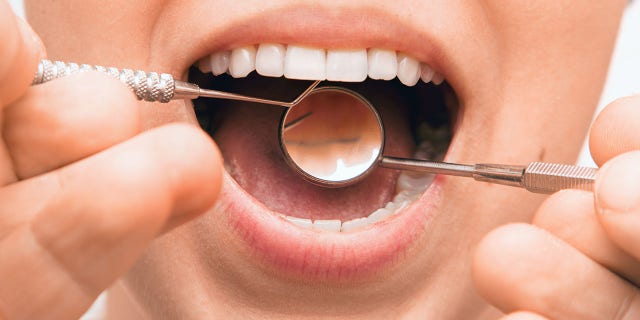
An experimental medicine in Japan that could revolutionize the field of dentistry is moving to clinical trials to create, potentially, the world’s first medicine to regrow teeth. One caveat is that it is not easy to control the shape, location and number of teeth to regrow. (iStock)
Fox News Digital reached out to Dr. Katsu Takahashi for comment.
“There are decades’ worth of studies related to various ways of growing human tooth tissue,” Dr. Erinne Kennedy, American Dental Association spokesperson and director of pre-doctoral dental education at Kansas City University’s College of Dental Medicine in Missouri, told Fox News Digital.
Takahashi learned that the number of teeth varied only with only one gene mutation — so he decided to do further research by targeting specific genes that could potentially grow teeth.
Relatively new research
Armed with new inspiration, he returned to Kyoto University around 2005 to work with researchers who discovered a gene that made a protein called USAG-1, which limits the number of teeth that can grow.
SURPRISING BRAIN BOOST: BRUSHING YOUR TEETH MAY REDUCE THE RISK OF DEMENTIA, NEW STUDY SUGGESTS
This seemed to mean that “blocking” this protein could grow more teeth — so his research team developed an antibody that latched onto the protein to block its function.
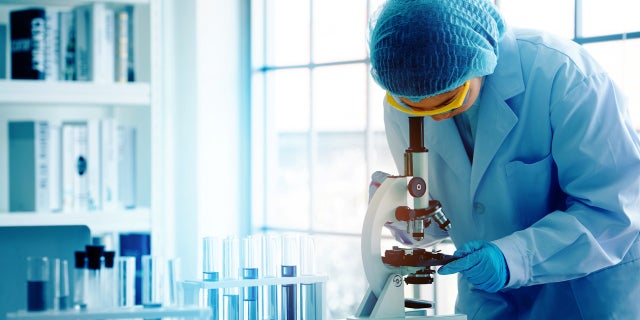
The research regarding neutralizing antibody therapy to generate tooth tissue is relatively new. (iStock)
Kennedy, who was not part of the study, noted the research regarding neutralizing antibody therapy to generate tooth tissue is relatively new.
In 2018 lab experiments, mice that developed only a small number of teeth grew new teeth after they received the antibody medicine.
Mice that developed only a small number of teeth grew new teeth after they received the antibody medicine.
The Japanese research team published the research findings in Science Advances in 2021, concluding that USAG-1 controls the number of teeth by inhibiting their development.
“It seems the research is at the initial stage and is projected to conduct a clinical trial in the extreme cases of [lacking all teeth due to] congenital disease,” Takahiro Ogawa, D.D.S., PhD, told Fox News Digital.
DENTISTS REVEAL WHY YOU SHOULDN’T BRUSH YOUR TEETH IN THE SHOWER
Ogawa, who was not involved in the research, is a professor and interim primary investigator at the Weintraub Center for Reconstructive Biotechnology at UCLA School of Dentistry in Los Angeles.
‘Some challenges’
Ogawa cautioned that while the results of the study are exciting, the research has some challenges — as it is not easy to control the shape, location and number of teeth to regrow.
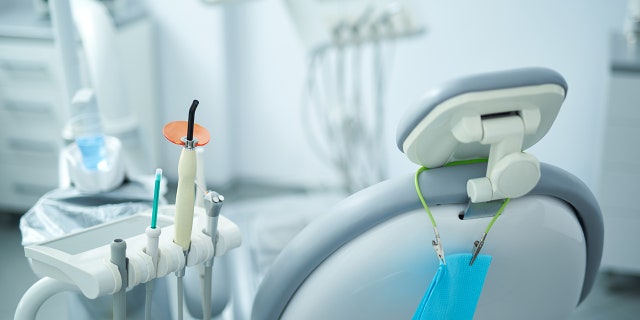
If future research is successful, the medicine potentially could be broadened one day to include more common conditions that cause people to lose their teeth, such as gum disease. (iStock)
“The researchers used animal models, so it remains to be seen how applicable the findings are to humans,” Kennedy of the American Dental Association also emphasized.
If future research is successful, the medicine potentially could be broadened one day to include more common conditions that cause people to lose their teeth, such as gum disease.
“We are looking forward to seeing further development of the technology.”
“Severe tooth loss — having eight or fewer teeth — impacts the ability to eat meats, fruits and vegetables, and presents yet another challenge to having a healthy diet,” the Centers for Disease Control and Prevention (CDC) said on its website.
CLICK HERE TO SIGN UP FOR OUR HEALTH NEWSLETTER
Approximately a quarter of adults in the U.S. ages 65 or older have eight or fewer teeth, while nearly one in six adults aged 65 or older have lost all their teeth, the CDC added.
“We are looking forward to seeing further development of the technology to overcome those challenges, optimize the protocol, and establish safety and reliability,” Ogawa said.

Health
Carnie Wilson’s Gluten-Free Diet Helped Her Lose 40 Lbs & Ease Pain

Use left and right arrow keys to navigate between menu items.
Use escape to exit the menu.
Sign Up
Create a free account to access exclusive content, play games, solve puzzles, test your pop-culture knowledge and receive special offers.
Already have an account? Login
Health
Doctors warn of 'trifecta' of chronic illnesses plaguing Americans after MAHA report
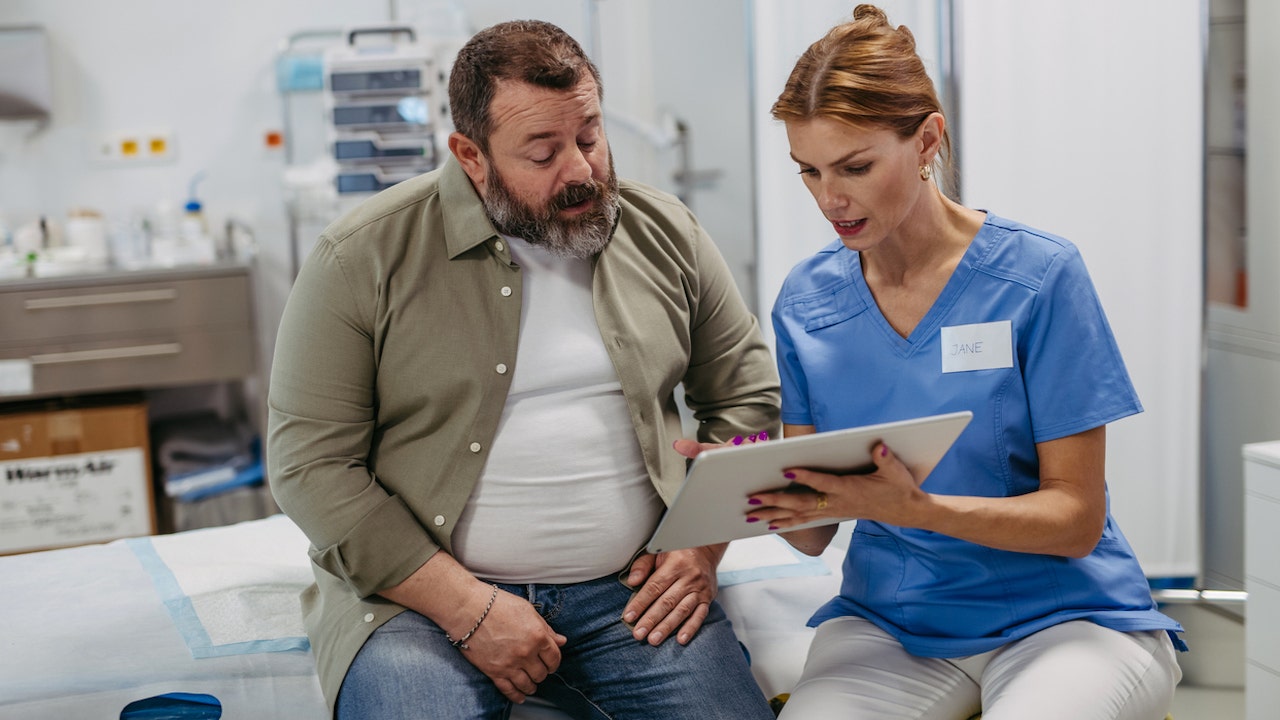
Chronic diseases have long been plaguing Americans, which HHS Secretary Robert F. Kennedy Jr. has called an “epidemic.”
The MAHA Commission, which Kennedy chairs, released a report on Thursday assessing chronic diseases, particularly pertaining to children.
An estimated 133 million Americans suffer from at least one chronic illness, according to the American Hospital Association.
EVERYTHING TO KNOW ABOUT MAHA
“The report shines a necessary spotlight on a crisis that has long been ignored: skyrocketing rates of obesity, diabetes, autoimmune disease, developmental issues and mental health challenges,” Kelly McKenna, CEO of the coalition End Chronic Disease, who was at the White House for the release, told Fox News Digital.
“Americans are living shorter, sicker lives despite record healthcare spending that exceeds that of other developed nations by orders of magnitude,” she said. “The MAHA agenda confronts that disconnect head-on.”
The MAHA Commission released a report on Thursday assessing chronic diseases among children. (Francis Chung/Politico/Bloomberg via Getty Images)
McKenna added, “With Americans increasingly aware of the role that factors such as ultraprocessed foods, environmental toxins, stress, trauma and poor sleep play in chronic disease, the demand for action transcends partisanship.”
Most common diseases in America
Andy Tanner, D.O., a family medicine physician in West Virginia, said he’s seeing more chronic illnesses in patients, noting that his state is the “oldest and fattest in the country.” He was also at the White House on Thursday.
RFK JR’S HIGHLY ANTICIPATED MAHA REPORT PAINTS DISMAL STATE OF CHILD HEALTH, NATIONAL SECURITY CONCERNS
“The big things we see a lot are diabetes, hypertension and obesity, kind of ‘the trifecta,’” he told Fox News Digital.
Some 38.4 million Americans had diabetes in 2021, according to the Centers for Disease Control and Prevention (CDC), with excess sugar causing the common symptoms of fatigue, blurry vision, hunger and thirst.
“Americans are living shorter, sicker lives despite record healthcare spending.”
Tanner works with his diabetic patients to change their diets and improve their blood sugar levels.
“[But the] sad thing is, we’re just surrounded by bad food,” he said. “It’s hard to make good choices of what we eat, and we’re all guilty of it.”
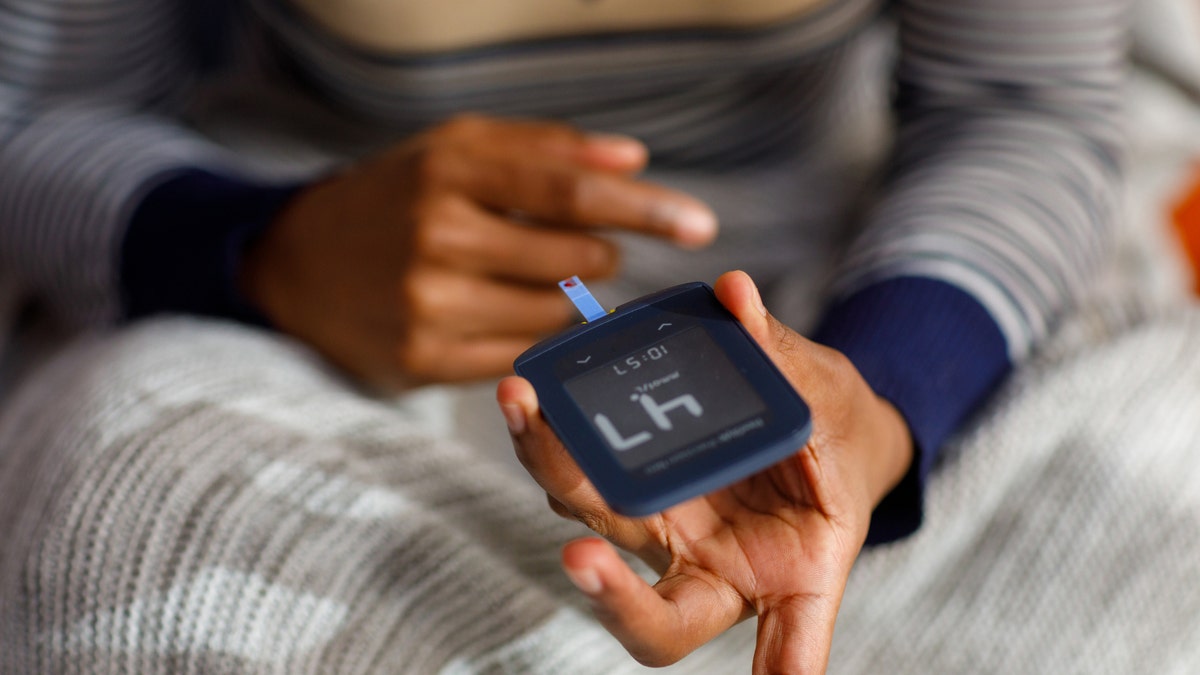
Over 350,000 children have been diagnosed with diabetes, and its prevalence among teens is more than one in four, according to the new MAHA report. (iStock)
Many people think of diabetes as being just a “sugar disease,” he pointed out, but it can become a vascular issue as it progresses, often leading to coronary disease or stroke.
The doctor noted that he is seeing “younger and younger” patients with diabetes.
Over 350,000 children have been diagnosed with the disease, and its prevalence among teens is more than one in four, according to the MAHA report.
THIS SIMPLE OUTDOOR ACTIVITY CAN IMPROVE AMERICANS’ HEALTH, SAYS GOVERNOR
Given its association with “bad food,” diabetes goes “hand in hand” with obesity, according to Tanner.
The MAHA report linked rising obesity rates with the consumption of ultraprocessed foods — which comprise nearly 70% of American children’s calorie consumption.
Tanner said obesity can lead to the diagnosis of other chronic illnesses, including hypertension (high blood pressure).
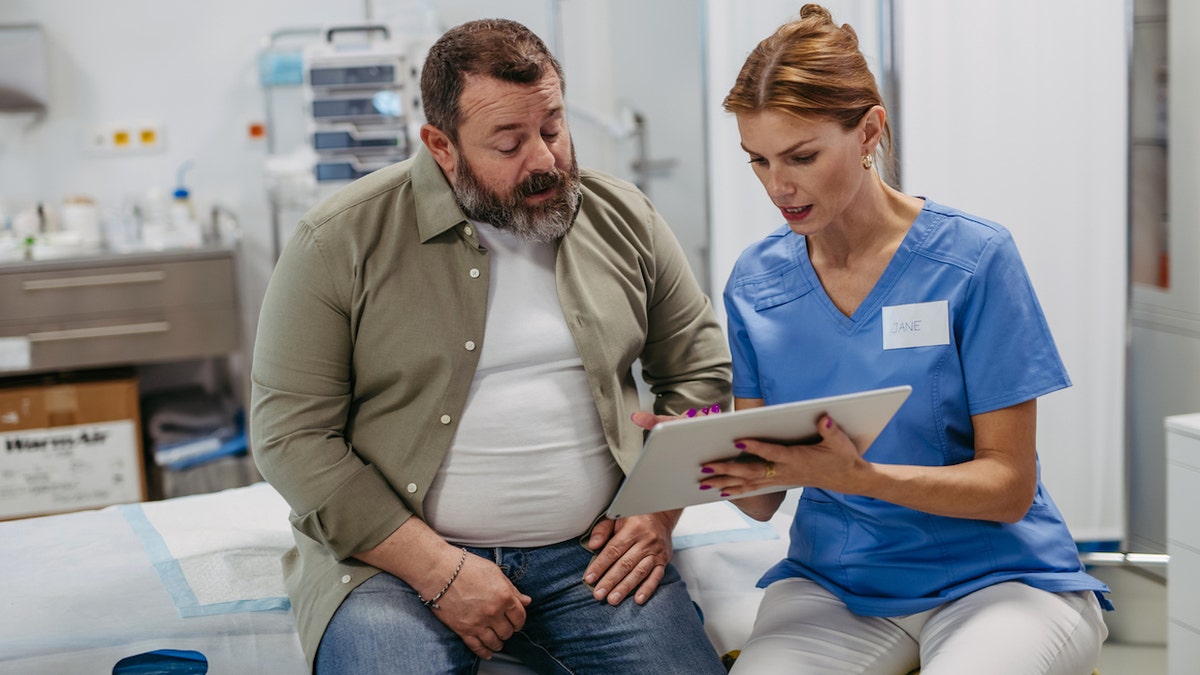
Some 38.4 million Americans had diabetes in 2021, according to the Centers for Disease Control and Prevention. (iStock)
“Sometimes people with hypertension come in and report fatigue, headaches, sometimes blurred vision, sometimes with their blood pressure very high,” he told Fox News Digital. “They can have some very serious symptoms of stroke or heart attack.”
Hypertension is known as the “silent killer,” Tanner said, because many people don’t know they have the condition.
Smart actions to take
In most cases, resolving chronic illnesses starts with getting regular physical activity and eating the right foods, Tanner said.
CLICK HERE TO SIGN UP FOR OUR HEALTH NEWSLETTER
“Diet and exercise are so important,” he said. “Those are such easy things for physicians to prescribe, but it’s much harder for patients to accomplish.”
He added, “[It’s] sometimes difficult to come home and prepare a good, healthy meal, and it’s easier to reach for things that are not healthy.”
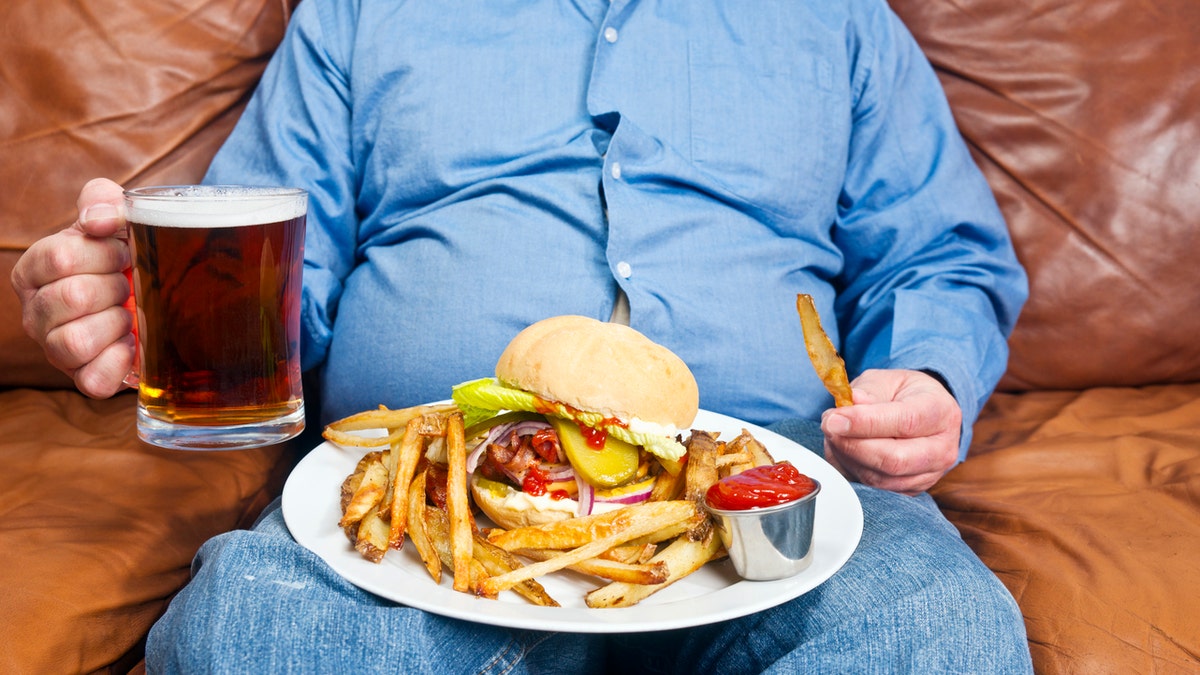
“If our bodies aren’t healthy, our brains will never be,” said one health expert. (iStock)
Psychiatrist Daniel Amen, M.D., CEO of BrainMD in Los Angeles, was also in attendance during the MAHA report announcement.
“Chronic illness devastates mental health,” Amen told Fox News Digital. “It increases stress hormones that damage the brain, disrupts sleep (which turns off 700 health-promoting genes), and increases inflammation, which can lead to anxiety and depression,” he cautioned.
For more Health articles, visit www.foxnews.com/health
“If our bodies aren’t healthy, our brains will never be.”
When it comes to diet, Amen suggested, “Only choose foods you love that love you back and are good for your brain.”
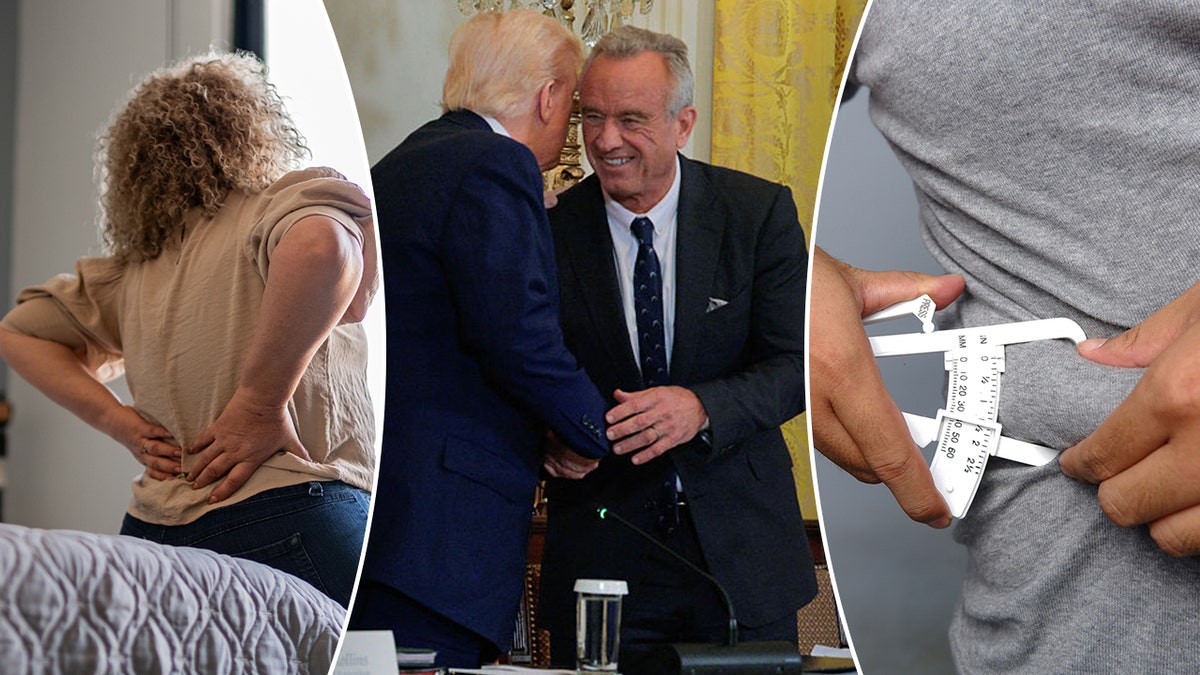
The MAHA Commission, run by RFK Jr., is urging better nutrition and healthier diets, given that chronic diseases affect 133 million Americans. (iStock; Chip Somodevilla/Getty Images)
McKenna noted that the MAHA Commission’s findings “affirm preventative solutions.”
“Better nutrition, cleaner food systems, and systematic transparency — as well as innovation — are not just possible, but urgently necessary to protect the health of our children and the future of the nation,” she added.
Health
Denise Austin’s Healthy Warm Weather Eating Tips to Help You Lose Weight

Use left and right arrow keys to navigate between menu items.
Use escape to exit the menu.
Sign Up
Create a free account to access exclusive content, play games, solve puzzles, test your pop-culture knowledge and receive special offers.
Already have an account? Login
-

 Education1 week ago
Education1 week agoVideo: Opinion | We Study Fascism, and We’re Leaving the U.S.
-

 Technology1 week ago
Technology1 week agoLove, Death, and Robots keeps a good thing going in volume 4
-

 News1 week ago
News1 week agoAs Harvard Battles Trump, Its President Will Take a 25% Pay Cut
-

 Culture1 week ago
Culture1 week agoBook Review: ‘Hunger Like a Thirst,’ by Besha Rodell
-

 Technology1 week ago
Technology1 week agoMeta asks judge to throw out antitrust case mid-trial
-

 Politics1 week ago
Politics1 week agoRepublicans say they're 'out of the loop' on Trump's $400M Qatari plane deal
-

 World1 week ago
World1 week agoCommissioner Hansen presents plan to cut farming bureaucracy in EU
-
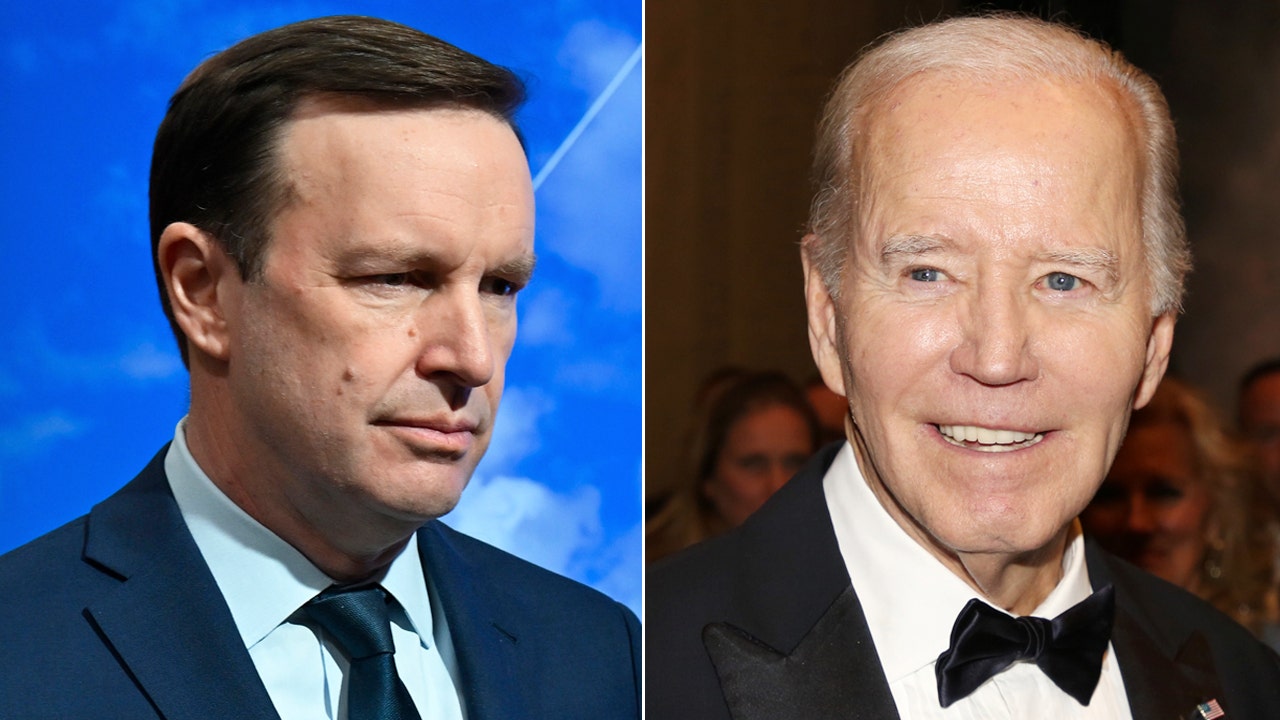
 Politics1 week ago
Politics1 week agoDem senator says 'no doubt' Biden declined cognitively during presidency











